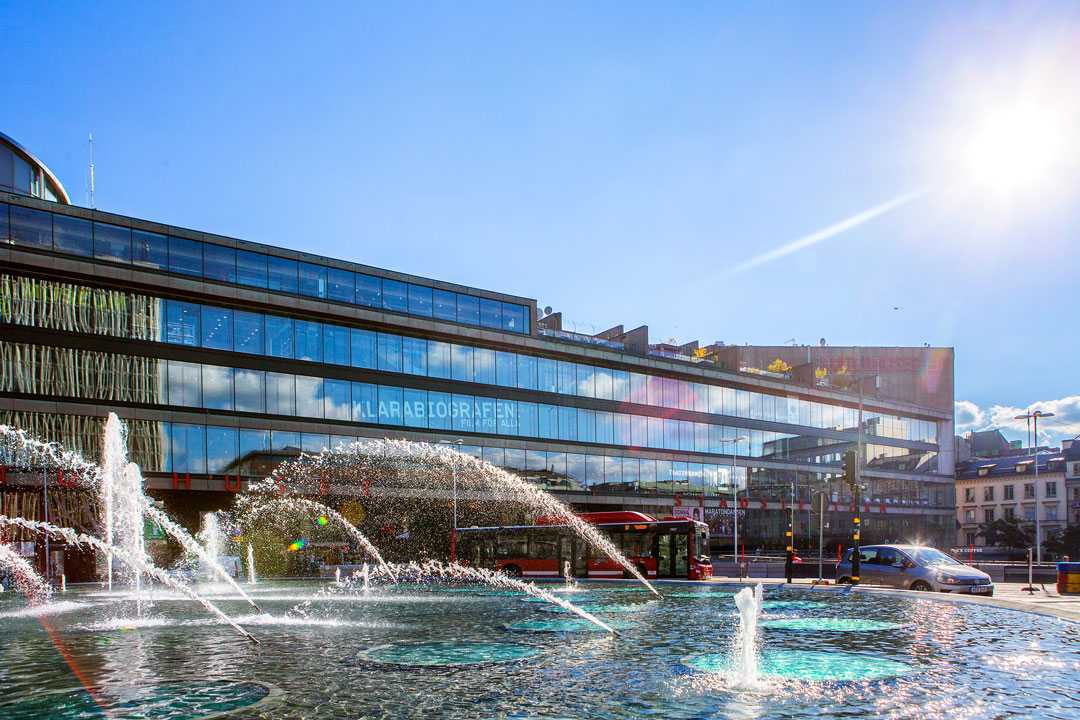ELC gives flexibility to Stockholm City Theatre
- Details

The system, including 63 dmXLAN node3 units purchased from ELC Lighting distributor mLite AB via local dealer Intersonic, is being installed across multiple performance spaces as part of the Stadsteater’s technical renovation.
Situated at the heart of the city in the bustling Kulturhuset cultural hub, the Stadsteater is one of Sweden’s most popular theatres, producing up to 40 productions each year on its various stages. Its new ELC dmXLAN system, which operates over Art-Net, sACN and Shownet as standard protocols and offers remote programming and monitoring via ELC’s dmXLAN software, is set to provide a new level of flexibility throughout the site.
The Stadsteater’s main house, where new lighting trusses are soon to be installed, will house seven dmXLAN Node8GBx units, each offering eight fully programmable DMX ports and a dual Gigabit port switch with user interface.
“We wanted to rethink how the lighting consoles send out their sACN,” says Stadsteater technical manager, Tommy Leandersson. “Even if we only have eight full DMX universes from the lighting consoles, we could spread all the outputs on multiple universes so we can use dedicated, fixed universes on every lighting truss. With a standard 8-port node and DMX-splits you are limited within those eight universes - we are not. We can use any universe, wherever we want, without having to squeeze in a new fixture on our eight DMX outputs.”
The 63 dmXLAN node3 units - in surface and recessed wall-mount variations - are being positioned as needed across the site’s performance spaces. With Power-over-Ethernet (PoE), these have bi-directional ports to convert from, or to, sACN, Art-Net or Shownet, while an internal switch provides a second Ethernet port for a local lighting desk, or for further Ethernet switches or nodes.
“We chose the node3 because it is a small package with PoE,” says Leandersson, “so they need only a network cable and can be mounted wherever we need. It’s the first one we found with sACN. Now there are other brands that do it, but we have not found one that is so clear in its menu management.”
He adds, “The main advantage is that we do not have to squeeze new fixtures on to our previously tight DMX lines. We can use a standard network and have the DMX output as near the receiver as possible. We don’t need a special room, or to find a place for large DMX splitters. It makes it much easier to include new fixtures, and the monitoring on the dmXLAN software means that fault-finding is very easy.”
“I would certainly recommend it to anyone who wants to work more easily with their DMX system,” concludes Leandersson.
(Jim Evans)













